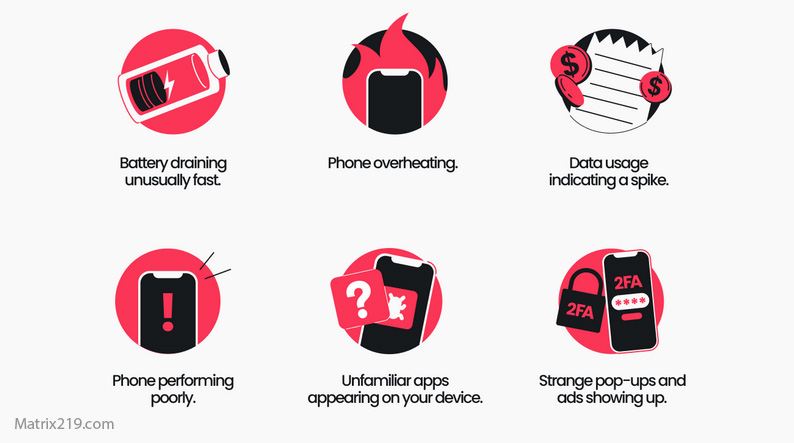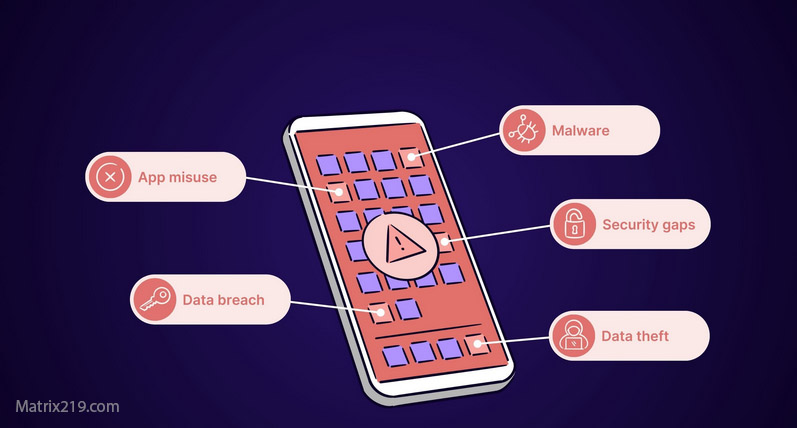The terms ‘hacker’ and ‘tester’ are often confused, but they represent two entirely different approaches to digital security: one is a crucial, legal defense strategy, and the other is a crime leading to disaster. The process of hiring a Penetration Tester (a “White Hat” expert) is structured, transparent, and compliant, aiming to protect assets. Conversely, attempting to hire a Black Hat Hacker is a desperate, illegal act that almost universally results in fraud, legal exposure, and severe personal risk.
The Objective: Protection vs. Exploitation
The core difference lies in the ultimate goal of the engagement.
A Penetration Tester (Pen Tester) is hired exclusively to improve the client’s security posture. Their motivation is defensive. They simulate a real-world attack on a client’s specific systems (defined in a contract) to identify vulnerabilities, quantify the associated business risk, and provide detailed, actionable recommendations for remediation. The entire process is collaborative and authorized.
A Black Hat Hacker is motivated by personal gain, malice, or criminal intent. Their objective is always unauthorized access, data theft, destruction, or disruption of a third-party system. Their actions are illegal, and their focus is pure exploitation without any intent to disclose or help fix the underlying vulnerability. When a Black Hat is hired, the client is soliciting a crime.
The Process: Legal Framework vs. Anonymity
The hiring process for the two types of hackers is diametrically opposed, defining the legality and safety of the engagement.
Hiring a Penetration Tester (Legal Process)
-
Written Authorization: The absolute first step is the signing of a comprehensive contract, or Statement of Work (SOW), which grants the tester explicit, written permission to test the client’s systems. Without this, the test is illegal.
-
Defined Scope: The SOW strictly defines what is “in-scope” (e.g., a specific IP address or web application) and what is “out-of-scope” (e.g., denial of service attacks or accessing private customer data).
-
Vetting and Credentials: The client vets the firm or individual for verifiable certifications (like OSCP, CEH, or GIAC), insurance, and professional references.
-
Reporting: The engagement concludes with a detailed, professional report outlining findings, risk scores, and remediation steps. Payment is made via formal invoice.
Hiring a Black Hat Hacker (Illegal & Risky Process)
-
Anonymity: Communication occurs through encrypted channels, unverified forums, or the dark web, prioritizing the concealment of both parties’ identities.
-
No Contract: There is no legal framework, SOW, or defined boundaries, leaving the client fully exposed to legal repercussions.
-
Untraceable Payment: Payment is demanded upfront in untraceable cryptocurrency (like Bitcoin or Monero), eliminating any chance of dispute or refund.
-
No Vetting: There is no way to verify the hacker’s skill, intention, or credibility.
The Cost: Professional Fee vs. Criminal Risk
The cost reflects the nature of the service.
A Penetration Tester charges a professional fee, often ranging from $5,000 to over $50,000 for a single project. This price covers the high level of expertise, liability insurance, time taken for in-depth analysis, and comprehensive reporting. It is an investment in security.
A Black Hat Hacker often advertises a low fee (e.g., $150 to $500) as bait. The real cost is the potential for scamming (losing all money without service), extortion (being blackmailed into continuous payments), and criminal charges (facing severe fines and jail time).
Conclusion: Trust and Compliance Over Crime
The choice between hiring a penetration tester and engaging a Black Hat hacker is the choice between safety and destruction. The legal and professional route, hiring a vetted penetration tester, guarantees compliance, measurable results, and improved security. The illegal route, attempting to hire a Black Hat, guarantees fraud, legal liability, and the ultimate compromise of personal and financial well-being. Organizations must always prioritize compliance and professional defense over the high-risk anonymity of criminal services.





